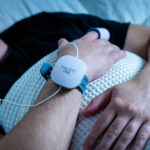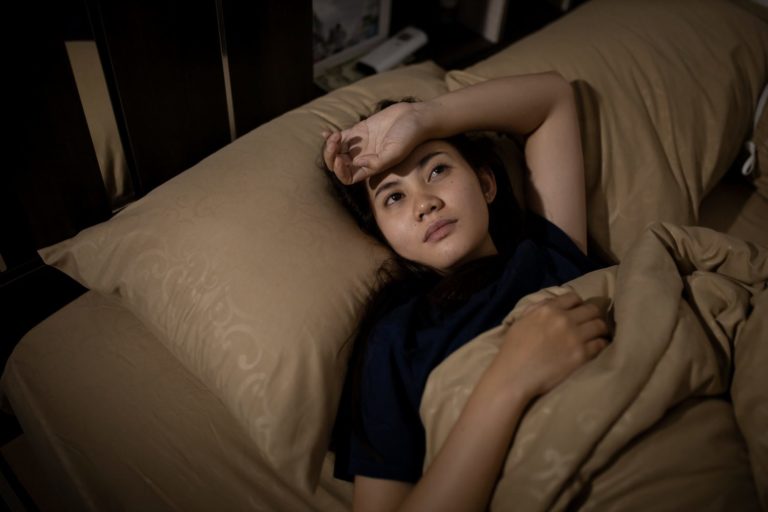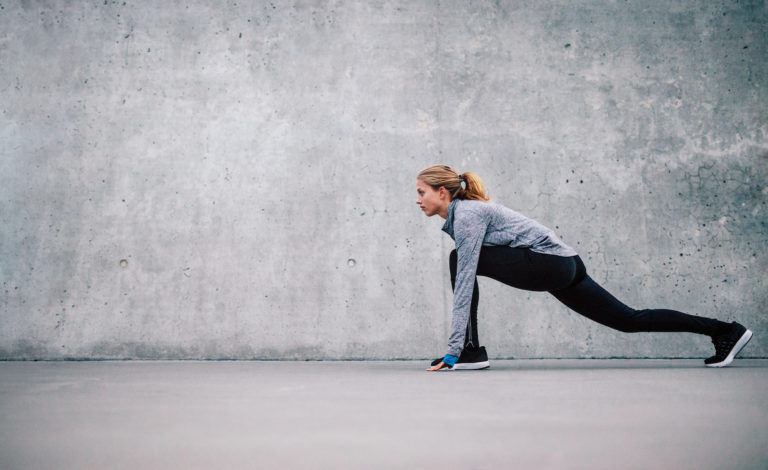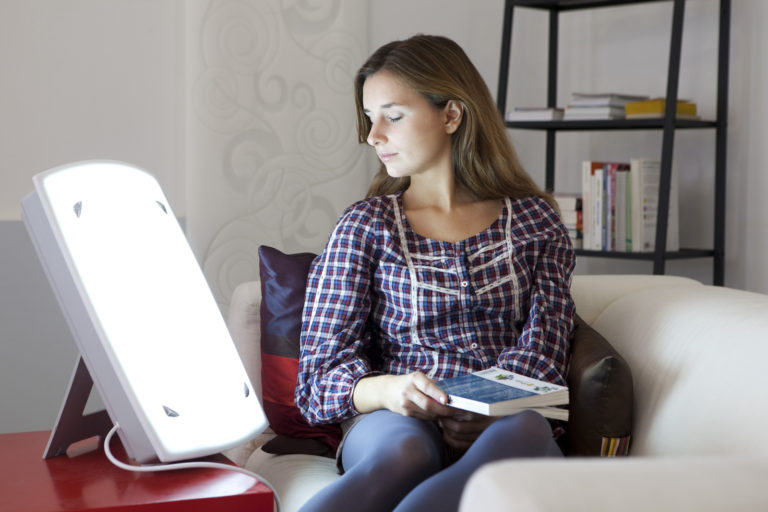When you buy through our links, we may earn a commission. Products or services may be offered by an affiliated entity. Learn more.
Sleep Calculator
Your Personalized Tool for Better Sleep

Sleep Calculator
Age Range
Sleep Schedule
Looking to improve your sleep? Try upgrading your mattress.
- Most healthy adults should aim for 7 to 9 hours of sleep a night, though the exact amount depends on your age, activity level, and health status.
- It’s important to stick to a consistent sleep schedule, going to sleep and waking up at the same time every day.
- A healthy sleep cycle consists of light sleep, deep sleep, and REM sleep in roughly 90-minute intervals throughout the night.
- Sleep deprivation can impair concentration, slow reaction times, and increase the risk of accidents and chronic health problems.
Sleep is a critical pillar of health. The quality of your sleep impacts core metabolic functions like immunity, cardiovascular health, and cognition. Use the sleep calculator to develop an optimal sleep schedule based on your unique biology and lifestyle preferences, including your age and either your bedtime or wake-up time. The sleep calculator is simple to use and ensures your schedule allows ample time for rest.
How Much Sleep Do I Need?
Some people do not know how much sleep they should get or simply do not budget enough time for sleep . Most adults should get seven to nine hours of sleep per night. Babies, young children, and teens need more sleep than adults do.
The following sleep recommendations provide an overview of how much sleep most people need, but the exact amount of sleep a specific person should get depends on other factors , such as their overall health. A doctor is in the best position to make a detailed sleep recommendation for any individual based on their unique situation.
| Age Range | Recommended Daily Sleep | |
|---|---|---|
| Infant | 4–12 months | 12-16 hours (including naps) |
| Toddler | 1–2 years | 11-14 hours (including naps) |
| Preschool | 3–5 years | 10-13 hours (including naps) |
| School-age | 6-12 years | 9-12 hours |
| Teens | 13-18 years | 8-10 hours |
| Adult | 18 years and older | 7 or more hours |
Waking Up Tired? Try an At-Home Sleep Test
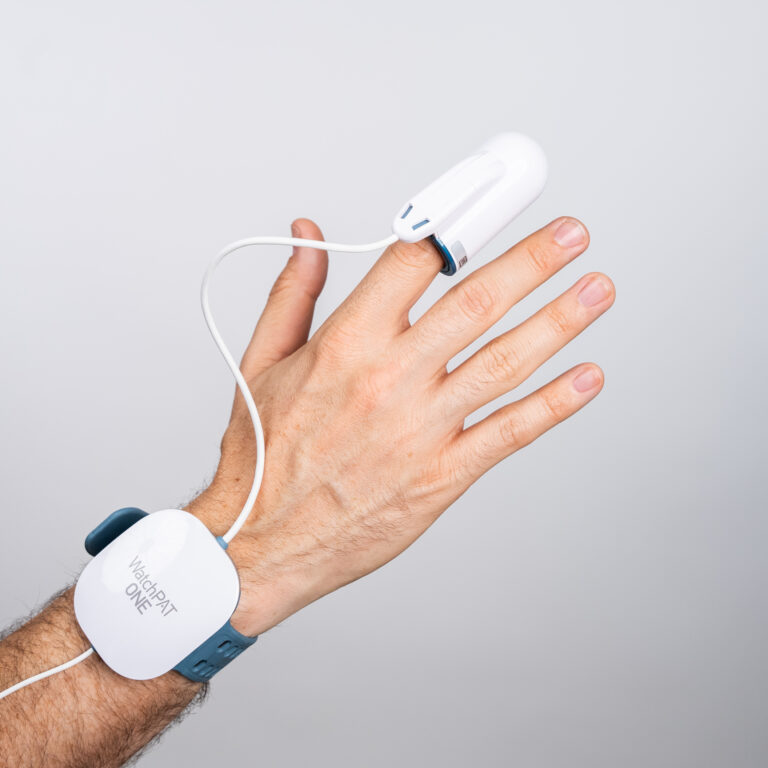
our partner at sleepdoctor.com
10% off Home Sleep Tests
Buy Now“Truly grateful for this home sleep test. Fair pricing and improved my sleep!”
Dawn G. – Verified Tester
What Time Should I Go to Bed?
There’s no “one size fits all” bedtime, but there are ways to determine optimal bed and wake-up times based on age, geographic location, lifestyle preferences, and obligations like work and school.
Experts suggest sticking to a consistent sleep schedule, waking up and falling asleep at the same time each day, even on weekends and days off. It’s also generally healthiest to be awake during the majority of daylight hours, and asleep during dark periods.
What Time Should I Wake Up?
It’s important to choose a wake-up time that fits well with your schedule but also ensures that you aren’t disrupting a sleep cycle. Waking up in the middle of a sleep cycle can leave residual feelings of sleepiness and can compromise cognitive function and mood during the day.
The average adult cycles through each stage of sleep several times per night, with each sleep cycle lasting approximately 90 to 120 minutes . Aim to set a wake-up time that allots for at least four full sleep cycles.
For the most accurate results, use the sleep calculator above to determine the best wake-up time based on your age and bedtime.

Why Is It Important to Get Enough Sleep?
Sleep is critical for nearly every system of the body. Getting enough sleep each night allows the mind and body to reap sleep’s restorative benefits and avoid the consequences of sleep deprivation.
What Happens During Sleep
From an outside perspective, all sleep may look the same, but in reality, it involves complex processes with four distinct stages that make up a sleep cycle. On a typical night, an individual cycles through all four sleep stages in order several times.
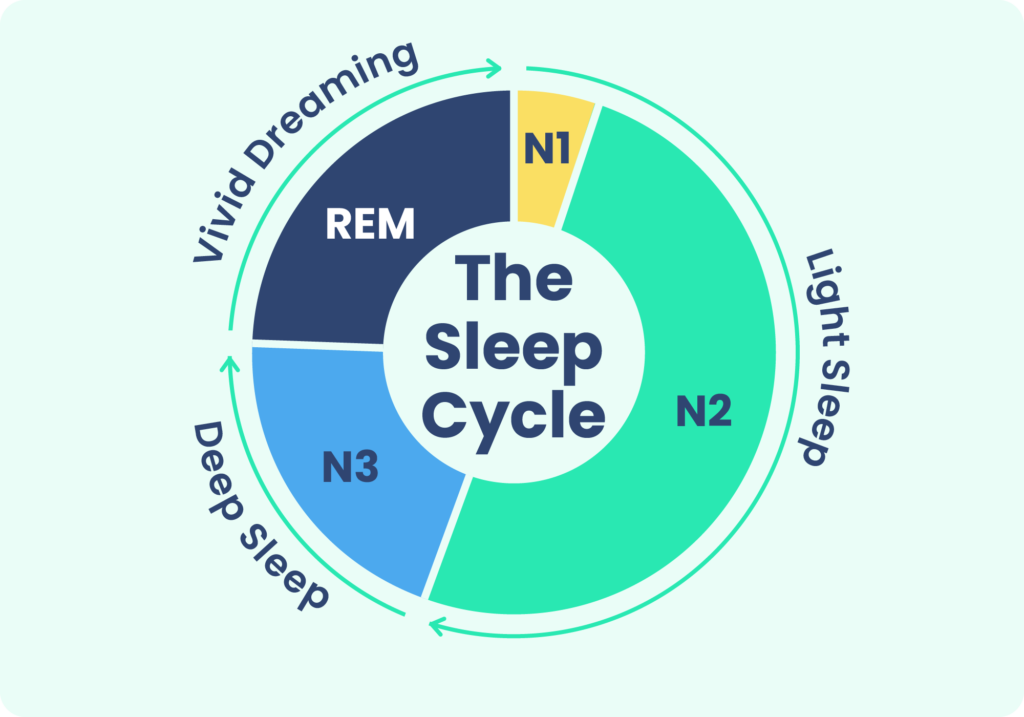
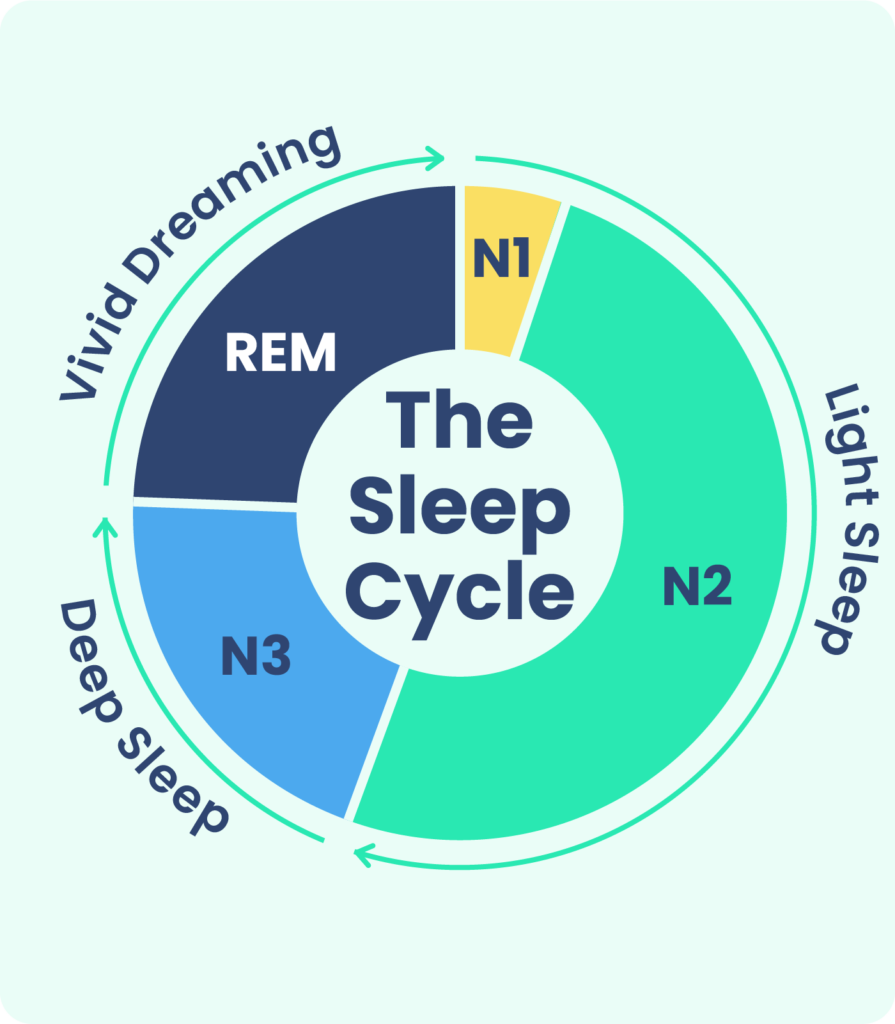
The first three stages of the sleep cycle are collectively known as non-rapid eye movement (NREM) sleep. Stages 1 and 2 are lighter sleep, during which the body and mind begin to relax and slow down. Stage 3 is deep sleep, which is believed to be vital for both physical and mental recuperation.
The fourth stage of sleep is rapid eye movement (REM) sleep. In this stage, most of the body is temporarily paralyzed, but brain activity dramatically increases and the eyes rapidly move behind closed lids. The most intense dreaming occurs during REM sleep, which empowers memory and complex thinking when a person is awake.
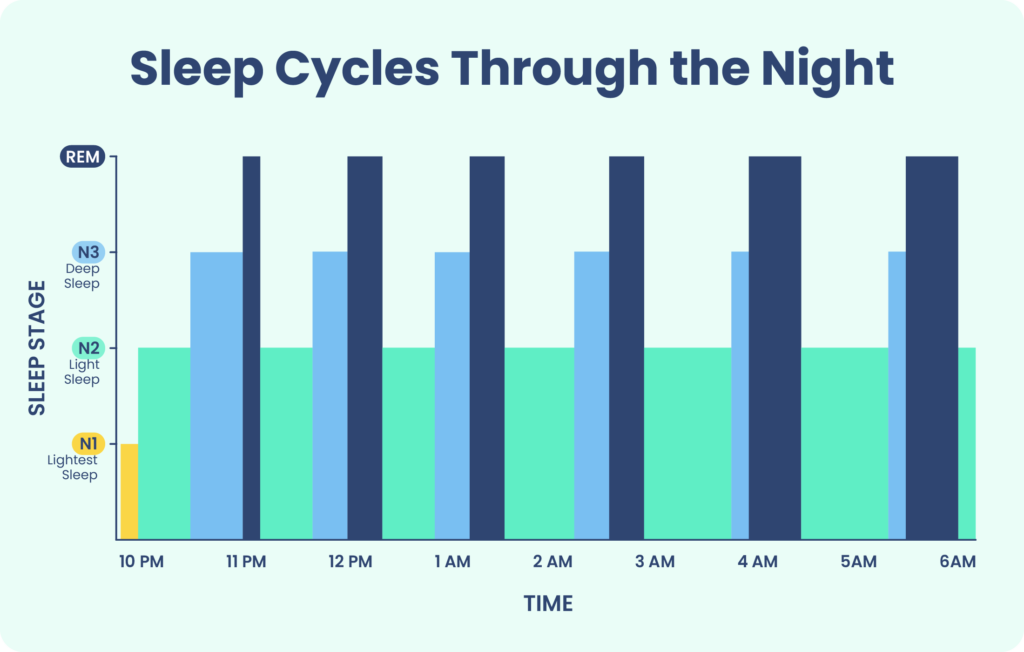
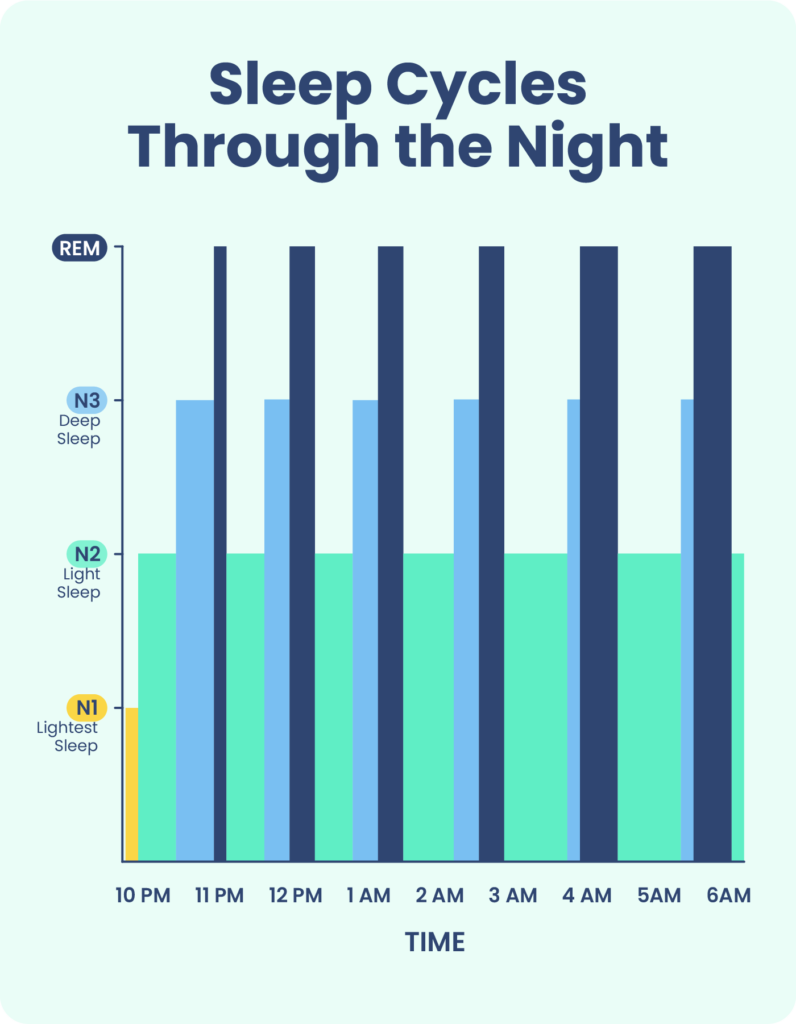
In the earlier sleep cycles of the night, more time is spent in NREM sleep. In later sleep cycles, we experience more REM sleep. Researchers believe the combination of NREM and REM sleep over the course of the night is what enables you to wake up refreshed both physically and mentally.
When you don’t get enough sleep, you don’t properly progress through these sleep cycles. Without the proper balance of NREM and REM sleep, you won’t get the rest that you need, which can lead to widespread health consequences.
Consequences of Sleep Deprivation
Sleep deprivation has short- and long-term impacts on physical, emotional, and mental health . Immediately following a night of poor sleep, you may experience lack of energy or excessive daytime sleepiness that makes it hard to focus. You may doze off unexpectedly, which can be especially risky while driving.
You may not completely fall asleep, but your reaction time is worsened, which can increase the risk of accidents. Sleep deprivation is associated with irritability and mood problems and can hinder cognitive processes including memory, decision-making, and problem-solving abilities. As a result, you may suffer lower academic achievement or reduced work productivity.
Lack of sleep can also negatively affect physical performance and impair your immune system, increasing the risk of getting sick. On a long-term basis, lack of sleep has been linked to a wide range of health problems , including weight gain and obesity, diabetes, heart disease and other cardiovascular issues, depression and anxiety, pain, and hormonal abnormalities. Studies have consistently found lack of sleep to be affiliated with reduced quantity and quality of life.
How Do I Get Better Sleep?
A number of simple lifestyle changes can be implemented to improve sleep, which can lead to better physical, cognitive, and emotional wellness.
- Dedicate time to self-care: Developing a relaxing routine before bed can promote healthy sleep. Try yoga, meditation, journaling, reading, or listening to calming music.
- Avoid caffeine: Stimulants, especially when ingested in the afternoon and evening, can disrupt the body’s circadian rhythm, making it harder to fall and stay asleep.
- Reduce alcohol consumption before bed: Research has shown that alcohol consumption hinders sleep quality.
- Put away electronic devices: Smartphones, tablets, and other electronic devices emit blue light that can disrupt circadian rhythms and hinder melatonin production in the brain. Aim to put them away at least 30 minutes before bedtime.
- Exercise daily: Even low impact movement, such as a 30-minute walk, can have a positive impact on sleep.
- Get some sunlight: Exposure to natural light blocks melatonin production during waking hours, boosting daytime alertness and promoting relaxation during the night.
- Make the bedroom dark and quiet: A tranquil bedroom free of both natural and artificial light can train the body to associate that space with sleep. A sleep mask and earplugs can reduce disruptions.
- Choose a supportive mattress: Everyone is unique, and preferences for sleep accessories vary. Finding the right mattress and bedding can contribute to a more comfortable sleep environment.

Still have questions? Ask our community!
Join our Sleep Care Community — a trusted hub of product specialists, sleep health professionals, and people just like you. Whether you’re searching for the perfect mattress or need expert sleep advice, we’ve got you covered. Get personalized guidance from the experts who know sleep best.
References
8 Sources
-
Liu, Y., Wheaton, A. G., Chapman, D. P., Cunningham, T. J., Lu, H., & Croft, J. B. (2016). Prevalence of healthy sleep duration among adults–United States, 2014. MMWR. Morbidity and mortality weekly report, 65(6), 137–141.
https://pubmed.ncbi.nlm.nih.gov/26890214/ -
Paruthi, S., Brooks, L. J., D’Ambrosio, C., Hall, W. A., Kotagal, S., Lloyd, R. M., Malow, B. A., Maski, K., Nichols, C., Quan, S. F., Rosen, C. L., Troester, M. M., & Wise, M. S. (2016). Consensus statement of the American Academy of Sleep Medicine on the recommended amount of sleep for healthy children: Methodology and discussion. Journal of Clinical Sleep Medicine, 12(11), 1549–1561.
https://pubmed.ncbi.nlm.nih.gov/27707447/ -
McNamara, P., Auerbach, S., Johnson, P., Harris, E., Doros, G. (2010). Impact of REM sleep on distortions of self-concept, mood and memory in depressed/anxious participants. Journal of Affective Disorders, 122(3), 198–207.
https://pubmed.ncbi.nlm.nih.gov/19631989/ -
Schwab, R. J. (2022, May). Overview of sleep. Merck Manual Consumer Version.
https://www.merckmanuals.com/home/brain,-spinal-cord,-and-nerve-disorders/sleep-disorders/overview-of-sleep -
National Institute of Neurological Disorders and Stroke. (2022, September 26). Brain basics: Understanding sleep.
https://www.ninds.nih.gov/health-information/patient-caregiver-education/brain-basics-understanding-sleep -
National Heart, Lung, and Blood Institute (NHLBI). (2022, March 24). Sleep deprivation and deficiency.
https://www.nhlbi.nih.gov/health-topics/sleep-deprivation-and-deficiency -
Durmer, J. S. & Dinges, D. F. (2005). Neurocognitive consequences of sleep deprivation. Seminars in Neurology, 25(1), 117–129.
https://pubmed.ncbi.nlm.nih.gov/15798944/ -
Colten, H. R., Altevogt, B. M., & Institute of Medicine (US) Committee on Sleep Medicine and Research (Eds.). (2006). Sleep disorders and sleep deprivation: An unmet public health problem. National Academies Press (US).
https://pubmed.ncbi.nlm.nih.gov/20669438/


